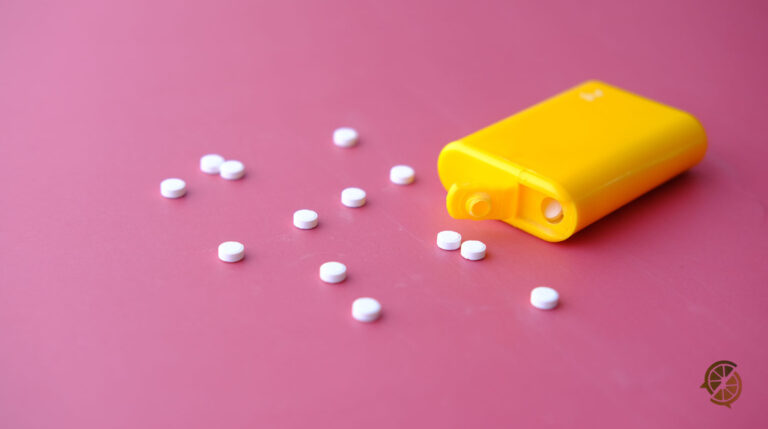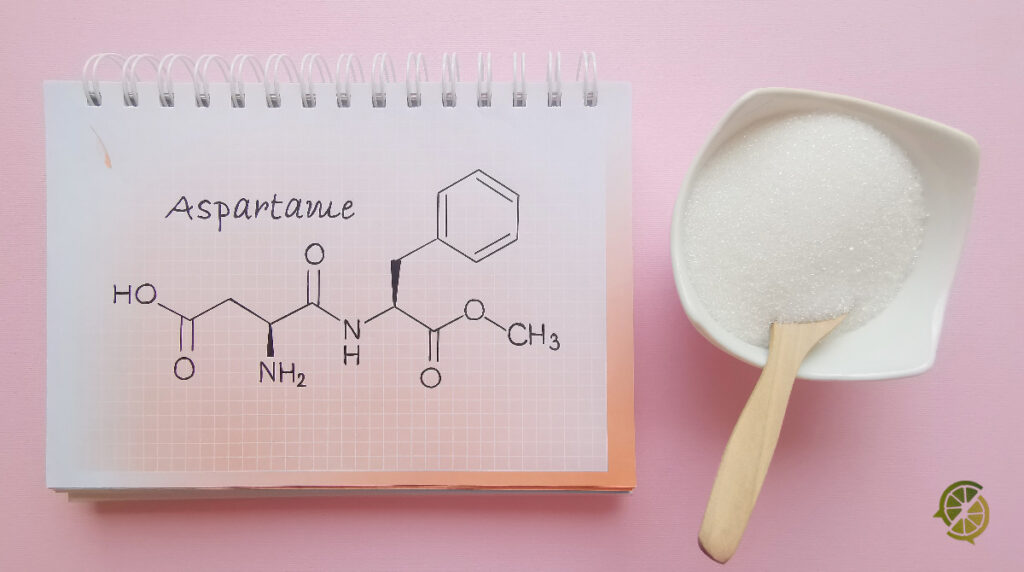
Aspartame, a common ingredient in products like Coca-Cola diet sodas, Mars' Extra chewing gum, and certain Snapple drinks, is on track to be designated as "possibly carcinogenic to humans".
Whilst studies have pointed in this direction before, it is being reported for the first time by the International Agency for Research on Cancer (IARC), the cancer research arm of the World Health Organization (WHO). The IARC’s decision was finalized earlier this month after a gathering of the group’s external experts, with the aim of assessing potential risks based on all available evidence.
However, it’s important to note that the IARC doesn’t consider the safe consumption levels of a product. This advice comes from a separate WHO expert committee on food additives, known as JECFA (the Joint WHO and Food and Agriculture Organization’s Expert Committee on Food Additives), alongside decisions from national regulators. Even so, past IARC rulings on various substances have raised consumer concerns, instigated legal action, and prompted manufacturers to adjust their recipes and seek alternatives.
This has resulted in some criticism that IARC’s evaluations can be confusing for the general public. JECFA, the WHO’s additives committee, is also examining aspartame usage this year. Its meeting began at the end of June, and it is anticipated to disclose its findings on July 14, the same day the IARC announces its verdict.
Sweeteners & Cancer
Aspartame is one of the most widely used artificial sweeteners globally, found in more than 5000 food products. It is particularly prevalent in low-calorie drinks often consumed by children and pregnant women.
In 2006 and 2007, the Ramazzini Institute (RI) found that aspartame caused dose-dependent increases in malignant tumors in several organs in rats and mice. An increased cancer risk was observed even at low exposure levels nearing the Acceptable Daily Intake (ADI). Prenatal exposures also led to an increased incidence of malignancies in rodent offspring at lower doses than adults.
These findings ignited a heated debate about the accuracy of RI’s diagnoses of hematopoietic and lymphoid tissue tumors (HLTs). Critics suggested that the pulmonary lesions found in aspartame-exposed animals were inflammatory lesions due to Mycoplasma infection, not malignant neoplasms.
Recent findings corroborate that aspartame is a chemical carcinogen in rodents. They reinforce the alarming discovery that prenatal exposure to aspartame increases the risk of cancer in rodent offspring. These findings validate the conclusions of the original RI studies.
These discoveries have crucial implications for public health.
WHO Report
The popular artificial sweetener found in many global products such as Diet Coke, ice cream, and chewing gum is set to be labelled as a potential cancer risk to humans. The World Health Organization is reportedly preparing to categorize the sweetener as “possibly carcinogenic to humans”, suggesting some evidence linking aspartame to cancer, although limited. The IARC also has two more severe categories: “probably carcinogenic to humans” and “carcinogenic to humans”.
Popular Foods Containing Aspartame
- Diet Coke
- Sugar-free drinks
- Low-sugar juices
- Sugar-free jams
- Coffee sweeteners
- Artificially sweetened gum
- Sugar-free desserts
- Cereals
This classification is the latest critique of sugar substitutes by the WHO. Just last month, the organization advised consumers to stop using non-sugar sweeteners for weight management, as they don’t assist in weight loss. In the past, such decisions have had a significant impact on businesses that use these ingredients. This news might come as a surprise to the numerous celebrities and world leaders who are self-declared Diet Coke aficionados.



